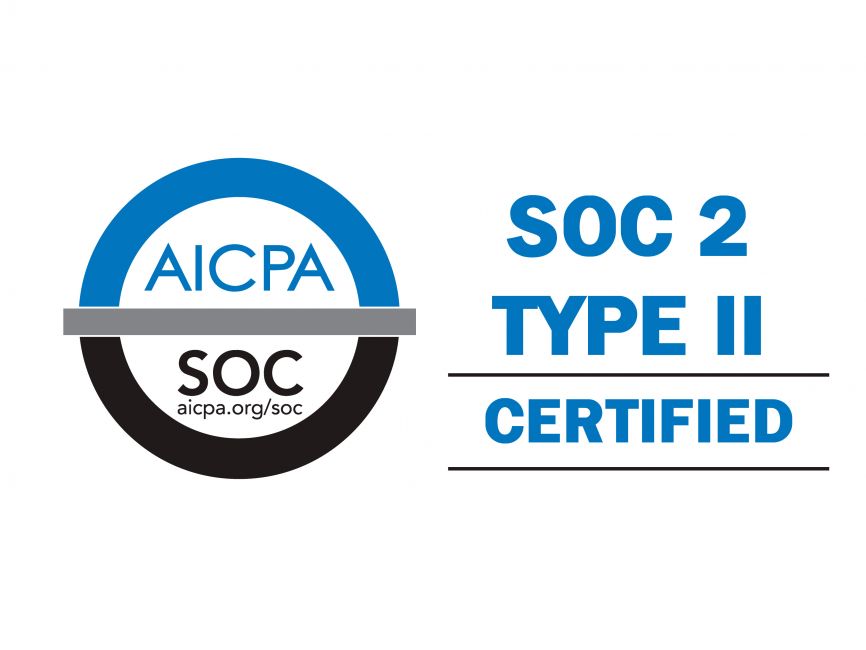As healthcare costs continue to rise, individuals seek ways to alleviate the financial burden of medical expenses while optimizing their tax savings. Health Savings Accounts (HSAs) and Flexible Spending Accounts (FSAs) offer valuable opportunities to do just that, providing tax-advantaged vehicles for saving and paying for qualified healthcare expenses. In this article, we’ll delve into the intricacies of HSAs and FSAs, exploring how they work and how individuals can leverage them to maximize their healthcare savings.
Understanding Health Savings Accounts (HSAs)
HSAs are tax-advantaged savings accounts for individuals enrolled in high-deductible health plans (HDHPs). These accounts allow account holders to contribute pre-tax dollars, which can be used to pay for qualified medical expenses, including deductibles, copayments, and coinsurance. HSAs offer several key benefits:
- Tax Deductions: Contributions to an HSA are tax-deductible, reducing the account holder’s taxable income for the year. This provides immediate tax savings and incentivizes individuals to save for future healthcare expenses.
- Tax-Free Growth: Funds in an HSA can be invested, and any interest or investment earnings grow tax-free. This allows account holders to build a substantial balance over time, providing a source of funds for future medical needs.
- Tax-Free Withdrawals: Withdrawals from an HSA for qualified medical expenses are tax-free, making HSAs a powerful tool for paying for healthcare costs without incurring additional tax liability.
- Portability: HSAs are portable, meaning the funds belong to the account holder and can be carried over from year to year, regardless of changes in employment or health insurance coverage.
Leveraging Flexible Spending Accounts (FSAs)
FSAs are another tax-advantaged tool for saving on healthcare expenses. These accounts allow employees to contribute pre-tax dollars from their paychecks to cover qualified medical expenses not covered by insurance. FSAs offer several key advantages:
- Pre-Tax Contributions: Like HSAs, contributions to an FSA are made with pre-tax dollars, reducing the account holder’s taxable income and providing immediate tax savings.
- Employer Contributions: Some employers may also contribute to their employees’ FSAs, further enhancing the tax benefits of these accounts.
- Use-It-or-Lose-It Rule: Unlike HSAs with no expiration date on funds, FSAs are subject to a “use-it-or-lose-it” rule. However, employers can offer a grace period or allow limited funds to carry over to the following plan year.
- Variety of Expenses: FSAs can pay for various qualified medical expenses, including copayments, deductibles, prescription medications, and over-the-counter items.
Maximizing Savings with HSAs and FSAs
To maximize savings with HSAs and FSAs, individuals should consider the following strategies:
- Contribute the Maximum: Take advantage of the maximum contribution limits for both HSAs and FSAs to maximize tax savings and build a substantial balance for future healthcare needs.
- Plan for Expenses: Estimate your healthcare expenses for the year and contribute accordingly to your HSA or FSA. This can help ensure you have sufficient funds to cover medical costs without over-contributing and risking the forfeiture of funds.
- Invest Wisely: If your HSA offers investment options, consider investing your funds to exploit potential growth opportunities. However, consider investment risks and consult with a financial advisor if needed.
- Stay Informed: Keep abreast of changes to contribution limits, eligible expenses, and other rules governing HSAs and FSAs to make informed decisions about your healthcare savings strategy.
HSAs and FSAs offer valuable opportunities for individuals to save on healthcare expenses while enjoying significant tax benefits. By understanding how these accounts work and implementing effective savings strategies, individuals can maximize their healthcare savings and achieve greater financial security in the face of rising medical costs.
Please note that while we strive to provide helpful information, we are not tax experts. It’s always advisable to consult with a qualified tax professional or the IRS directly for personalized advice regarding your specific tax situation.
American Exchange is a licensed health insurance broker. Robert Huffaker, NPN 13568432
Photo courtesy of iStock

